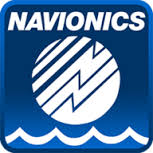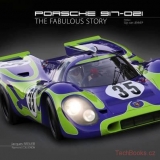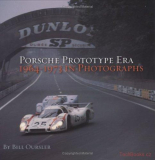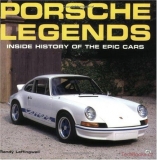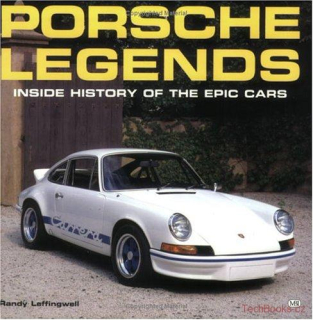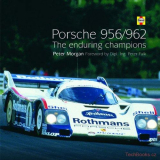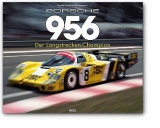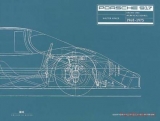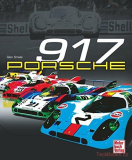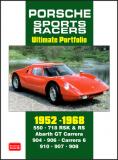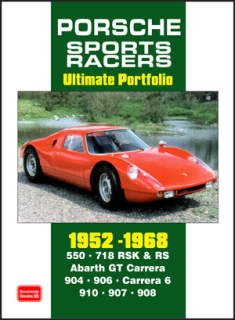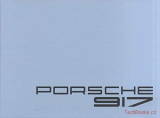Úvod »Automobily nákladní a tahače»Hanomag » Porsche 917 935 956 962 Sports Racers
Anotace
Probably the most exciting period of racing was from the mid-60s through to the mid-70s. It was at this time that we had the GT40 competing with the Italians for domination at Le Mans and on other circuits where outright power was the main ingredient for success. We had 5-litre V8s and 4-litre V12s that could power the cars to speeds around 200 mph, almost unknown territory for aerodynamicists then. And then, of course, Porsche decided that if it was to enjoy outright success at Le Mans (rather than class wins) it, too, would need a car somewhat larger and more powerful than those it already had.
It was time for something completely different, something quite outrageous. It was time for the Type 917. Mid-engined like so many earlier Porsches, it was a big brute of a car with a 12-cylinder air-cooled boxer engine that produced 580 bhp from 4.5-litres when first announced in 1969. After a period of development into 1970 the 917 became almost unbeatable winning at Le Mans and virtually every other circuit. By 1972 the 917 was enjoying success in the hugely popular Can-Am series in America with a turbocharged 5.0-litre engine of 950 bhp and later a 5.4-litre unit that produced over 1,000 bhp! The hero driver was usually the late Mark Donohue. Can you imagine the noise when the Can-Am cars started the race? It must have been ear shattering!
With various rule changes Porsche built more sophisticated sports racing cars usually with six-cylinder boxer engines and turbochargers and continued on their (mostly) winning ways. This became the time for the 935, 956 and the evergreen 962 that enjoyed a race winning life of many years, way beyond the normal two or three years. The trophy cabinet back in Stuttgart-Zuffenhausen has probably had to be extended several times to hold all the trophies that Porsche has won. It is a most impressive collection.
When you see and hear these racing cars at special events like Goodwood it helps you to appreciate what was once possible and enjoyable. A total of 160 pages, including 44 in full colour.










